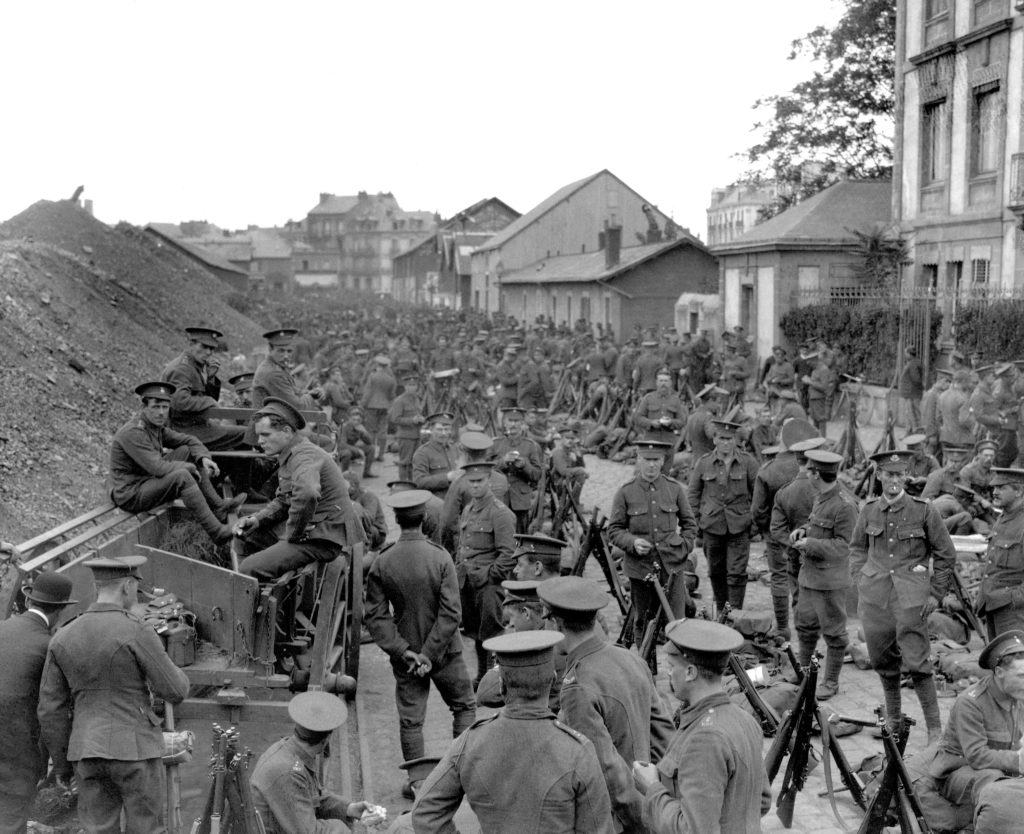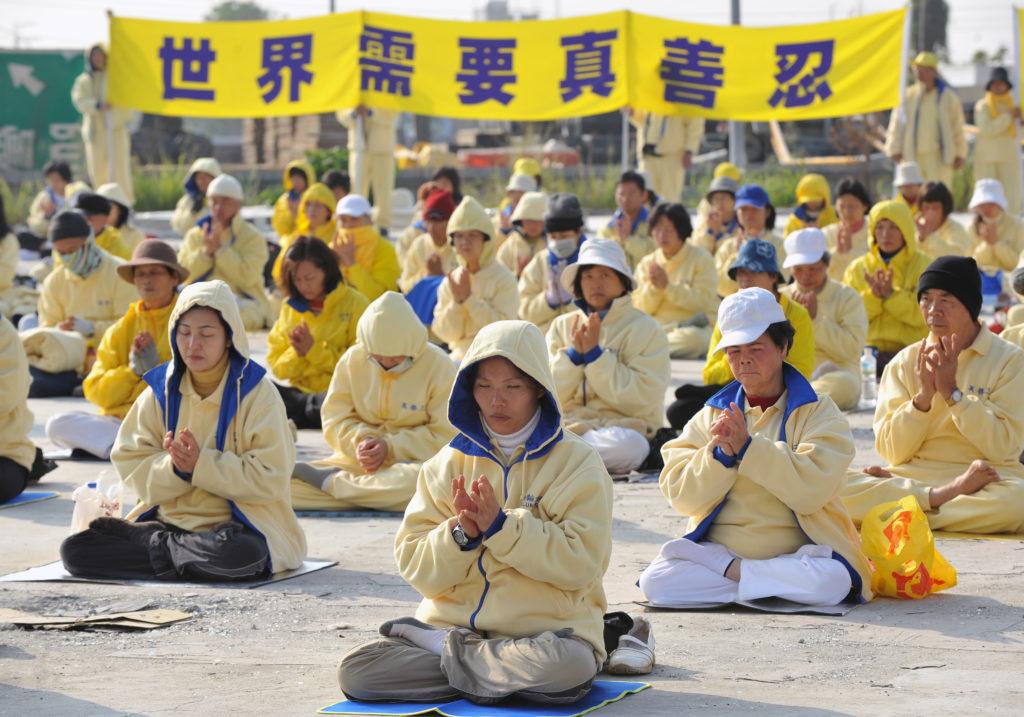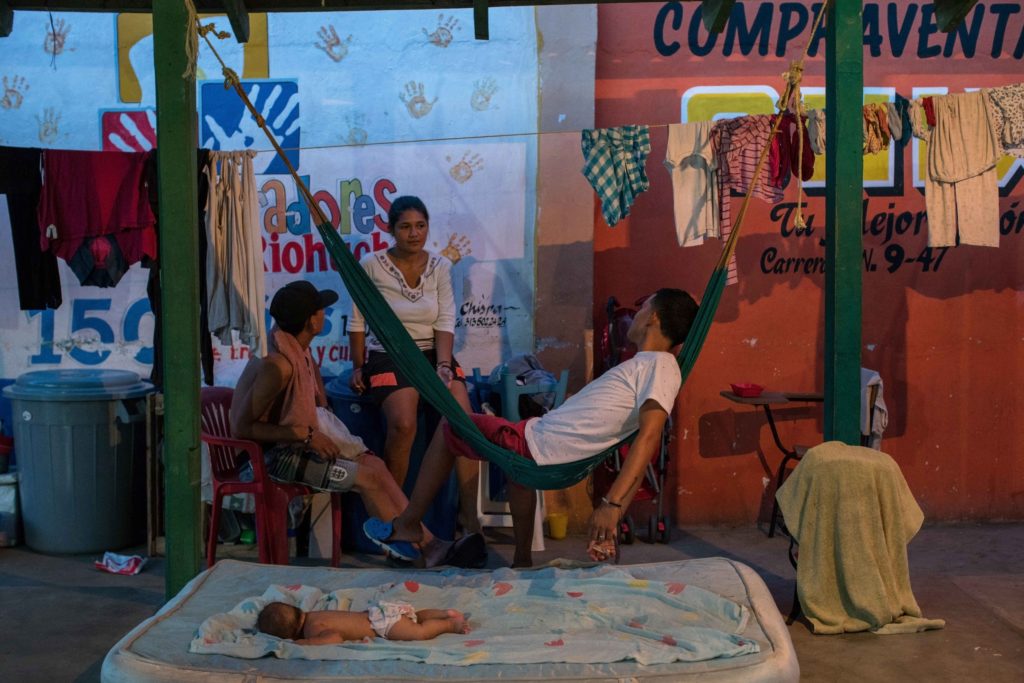

He appealed his firing before the Civil Service Commission - the agency charged with investigating and sacking homosexuals from the federal bureaucracy - and when that failed, petitioned the courts. With not even the ACLU prepared to support him, Kameny resolved to fight this gross injustice all by himself. Suggested reading The fictional world of trans activism

Between 19, when Illinois became the first state to decriminalise homosexuality, an estimated one million people were hit with criminal sanctions for activities ranging from same-sex sexual relations to holding hands in public. The “offence too loathsome to be mention in the Senate or in any group of ladies and gentlemen”, as the majority leader of that august body described homosexuality upon the outing of a colleague in 1942, was illegal in every state, diagnosed as a mental disorder by the medical establishment, and condemned from the pulpit of every American religious denomination. The organisation, which in 1955 had concluded that it was “not within the province of the Union to evaluate the social validity of laws aimed at the suppression or elimination of homosexuals” from government jobs, turned Kameny away: a sign of just how lonely was the plight of the homosexual in post-war America. He asked the American Civil Liberties Union, founded in 1920 “to defend and preserve the individual rights and liberties guaranteed to every person in this country by the Constitution and laws of the United States”, to assist him with a legal challenge. For the first decade of its existence, Mattachine - like the community of people for whom it advocated - existed largely in the shadows.ĭistinguishing himself from the thousands of other gay men and women who had found themselves in similar circumstances, Kameny fought back.

Founded in Los Angeles in 1950, Mattachine soon started chapters in San Francisco and New York, and its activities were mostly limited to hosting discussion forums and organising support for men victimised by police entrapment. They were there to hear a presentation about the Mattachine Society, the first sustained organisation in the United States dedicated to improving the status of homosexuals. on 1 August 1961, eight years before officers from the New York City Police Department’s Tactical Patrol Force raided the Stonewall Inn, a group of 16 men gathered in Room 120 of the Hay-Adams Hotel across the street from the White House. But the greatest myth of all about Stonewall is that it was where the global movement for gay rights began. The most fashionable of these myths, that the main participants at Stonewall were not gay men and lesbians but “trans women of colour”, is promulgated in service of a contemporary political agenda, not the historical record. Various branches of the LGBTQ+ rainbow now take credit for the moment, 53 years ago this week, when a group of patrons at a Greenwich Village gay bar rose up in defiance against the police harassment then central to the gay American experience. Like most origin stories, the Stonewall uprising has been the subject of popular mythmaking.


 0 kommentar(er)
0 kommentar(er)
